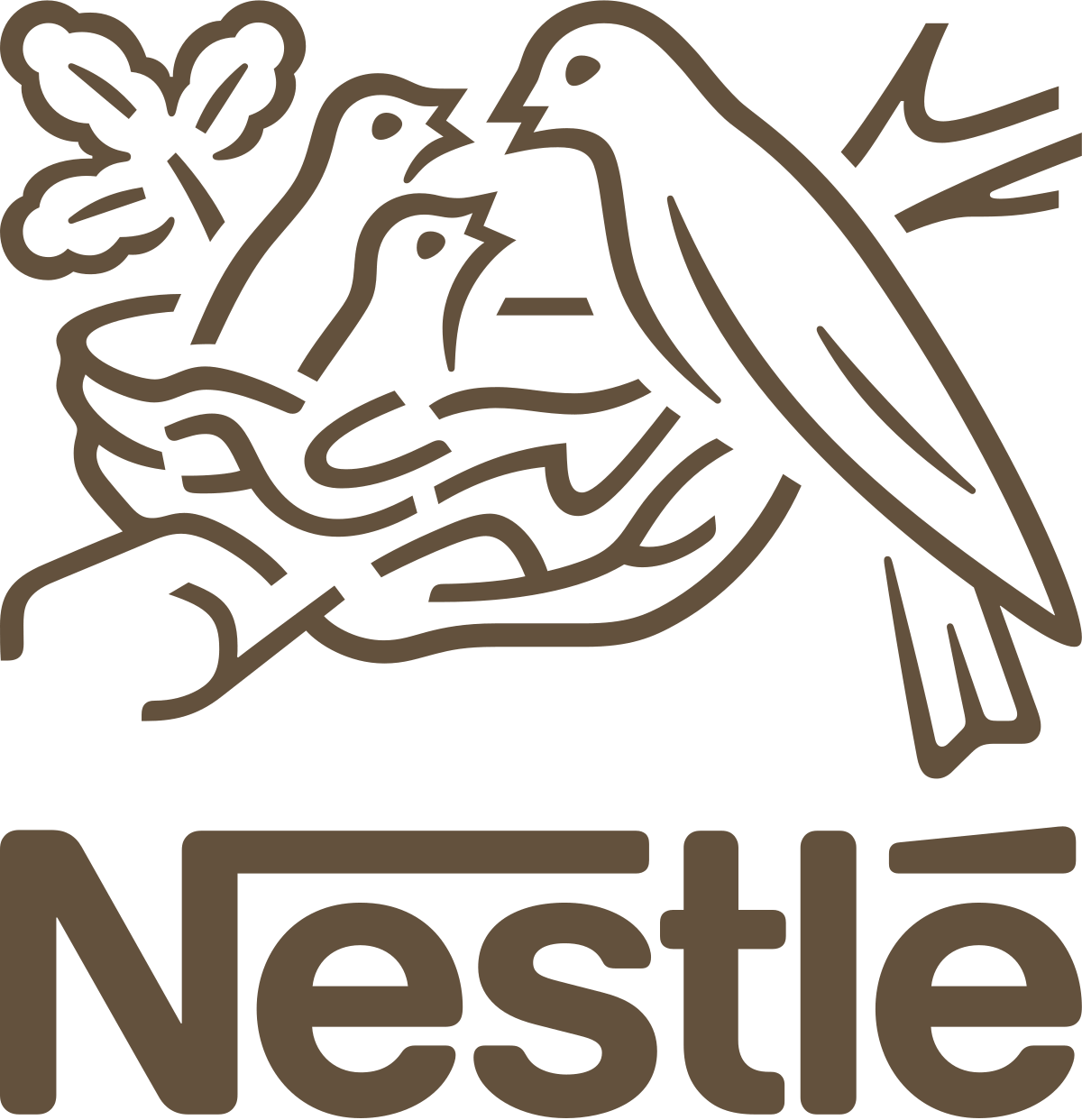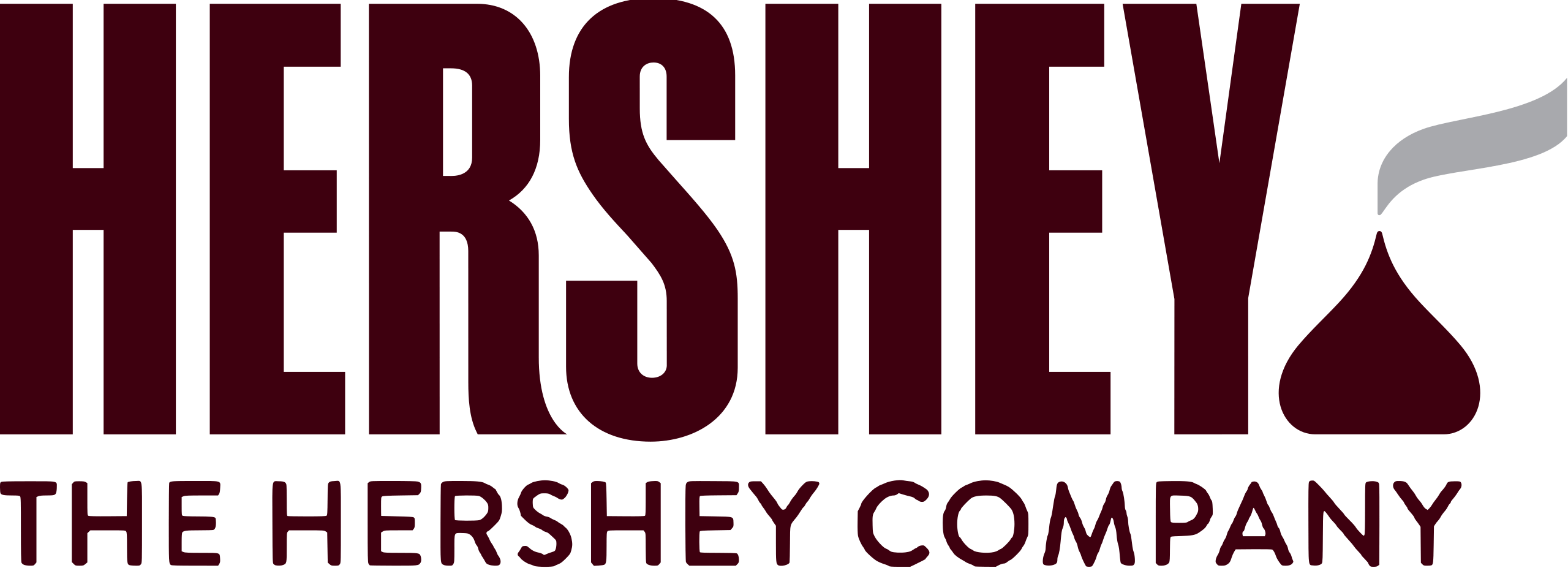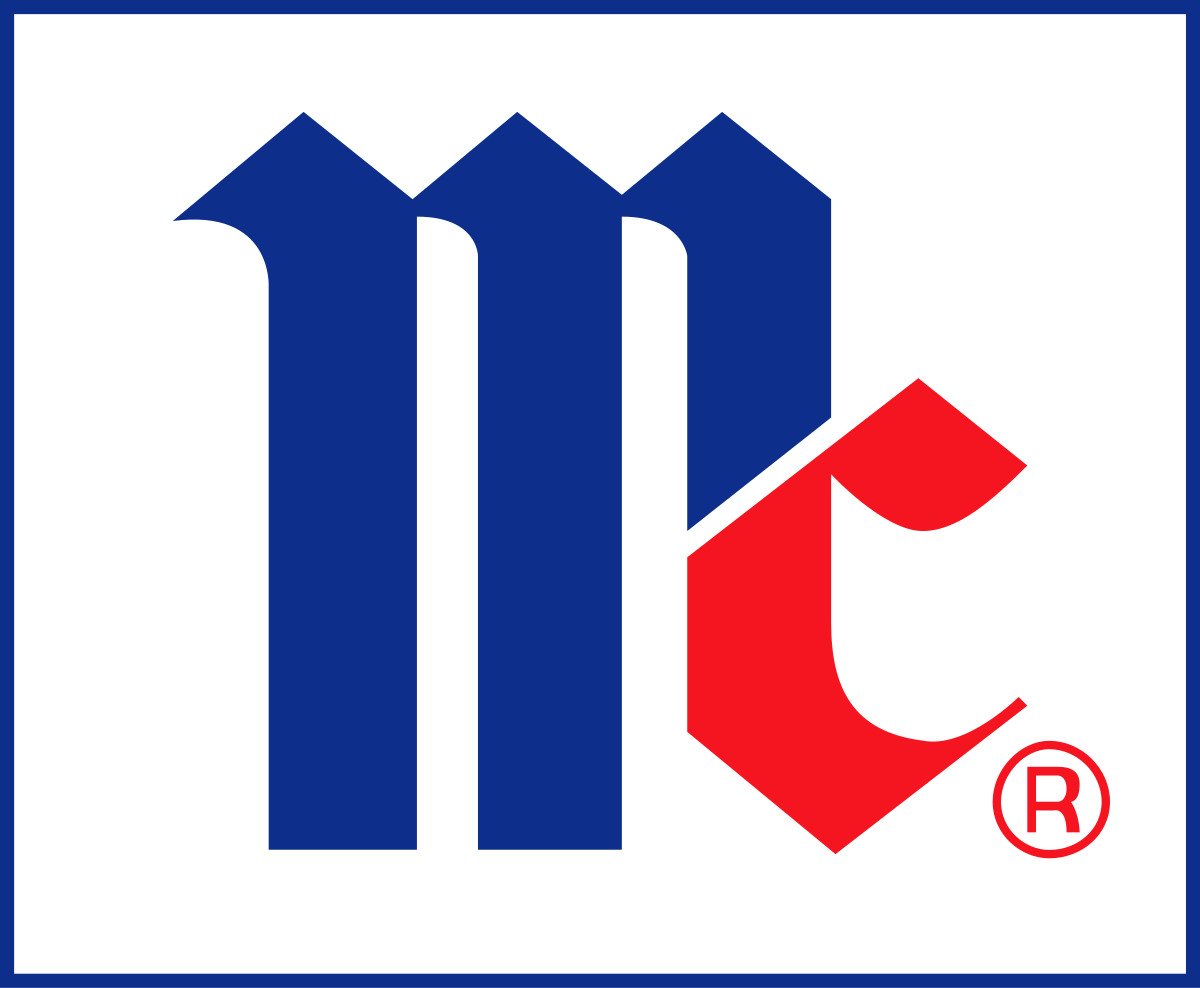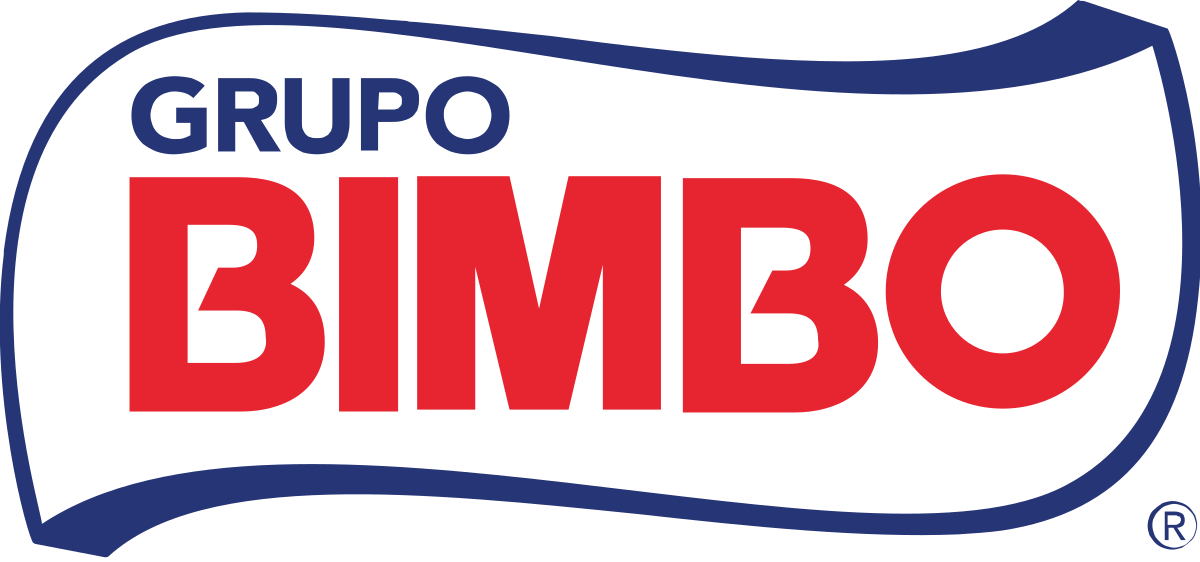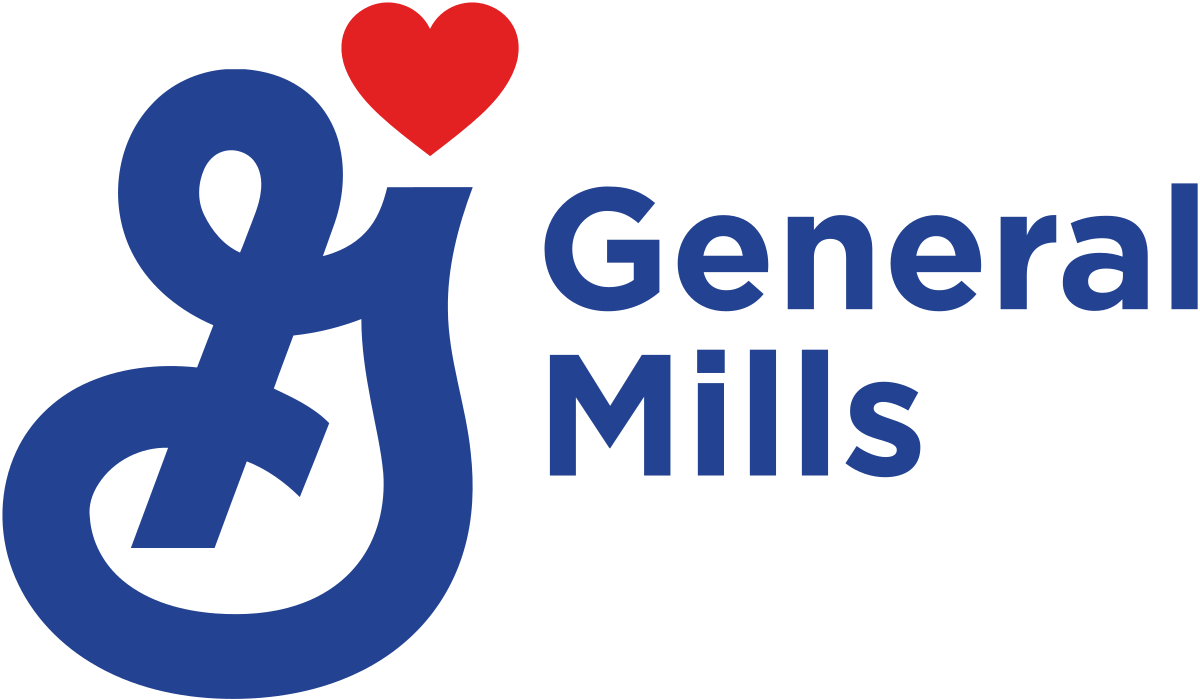Global Weight Loss Supplement Market, By Type, By Ingredient, By Distribution Channel, By End User, By Region & Segmental Insights Trends and Forecast, 2024 – 2034
- Industry: Food & Beverages
- Report ID: TNR-110-1160
- Number of Pages: 420
- Table/Charts : Yes
- June, 2024
- Base Year : 2024
- No. of Companies : 10+
- No. of Countries : 29
- Views : 10159
- Covid Impact Covered: Yes
- War Impact Covered: Yes
- Formats : PDF, Excel, PPT
A weight loss supplement is a product designed to aid individuals in their efforts to lose weight by enhancing metabolic processes, suppressing appetite, or reducing the absorption of fats and carbohydrates. These supplements can come in various forms, including pills, powders, and liquids, and often contain a blend of natural and synthetic ingredients. Common components include caffeine, green tea extract, garcinia cambogia, and fiber.
The primary appeal of weight loss supplements lies in their promise to facilitate quicker and easier weight reduction compared to diet and exercise alone. They are widely used by those seeking to enhance their physical appearance, improve health outcomes, or achieve fitness goals. However, the efficacy and safety of these products can vary, making it crucial for consumers to choose reputable brands and consult healthcare professionals before use.
The demand for weight loss supplements is primarily driven by the growing prevalence of obesity and the increasing health consciousness among consumers. As more individuals seek effective solutions to manage their weight, the convenience and perceived quick results offered by these supplements make them highly attractive. Additionally, the influence of social media, celebrity endorsements, and fitness influencers plays a significant role in promoting various weight loss products, further boosting their popularity.
The rise in sedentary lifestyles and unhealthy eating habits also contributes to the demand, as people look for easy ways to counteract weight gain. Moreover, advancements in supplement formulations, promising enhanced efficacy and fewer side effects, continue to attract a wider audience.
In terms of revenue, the global weight loss supplement market was worth US$ 32.2 Bn in 2023, anticipated to witness CAGR of 14.2% during 2024 – 2034.

Trends in the Global Weight Loss Supplement Market
Natural and Organic Ingredients: There is a growing consumer preference for supplements made from natural and organic ingredients. This shift is driven by increasing awareness about the potential side effects of synthetic substances and a general trend towards healthier, more natural lifestyles. Consumers are more inclined to trust products that claim to use pure, non-GMO, and sustainably sourced ingredients.
Personalized Nutrition: The trend towards personalized nutrition is gaining traction, with consumers seeking weight loss supplements tailored to their unique genetic profiles, metabolic rates, and lifestyle needs. Advances in technology, such as DNA testing kits and AI-driven recommendations, allow companies to offer bespoke supplement solutions, enhancing their effectiveness and appeal.
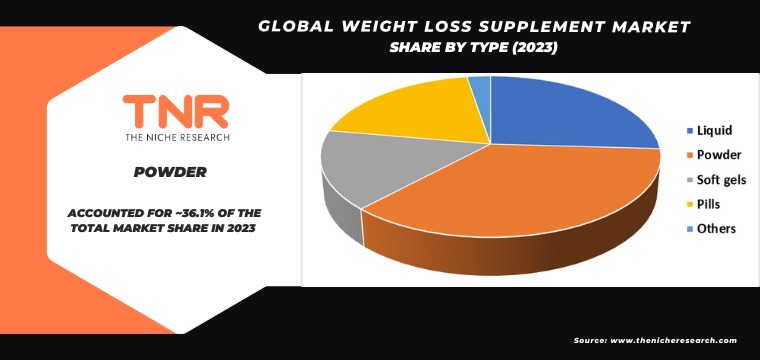
Clean Labeling: Transparency in labeling has become crucial, with consumers demanding clear, honest information about the ingredients and sourcing of their supplements. Products featuring clean labeling practices, which include minimal, recognizable ingredients and no artificial additives, are increasingly popular as they align with the growing trend of informed and health-conscious purchasing decisions.
E-commerce Growth: The online market for weight loss supplements is expanding rapidly. E-commerce platforms provide consumers with easy access to a wide variety of products, customer reviews, and competitive pricing. The convenience of online shopping, coupled with direct-to-consumer brands leveraging social media and influencer marketing, is driving substantial growth in this channel.
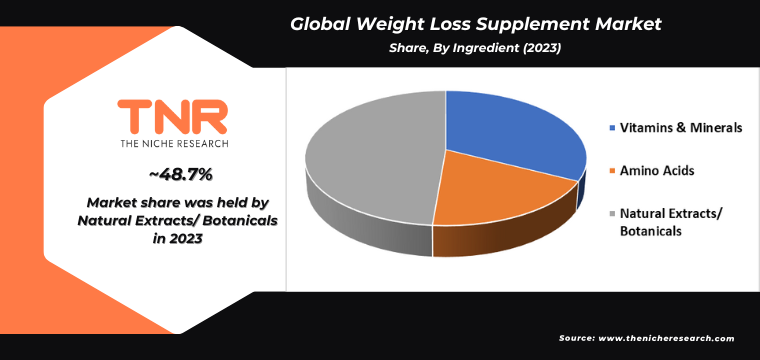
Offline Distribution had the Highest Share in the Global Weight Loss Supplement Market in 2023.
The demand for weight loss supplements through offline distribution channels is driven by several key factors. Consumers often prefer purchasing supplements in physical stores, such as pharmacies, health food shops, and supermarkets, due to the trust and credibility these outlets provide. The opportunity to consult knowledgeable staff and pharmacists offers personalized advice and reassurance about product efficacy and safety, which is particularly appealing to health-conscious buyers.
Additionally, the ability to see and handle products before purchase can enhance consumer confidence and satisfaction. In-store promotions, discounts, and the immediate availability of products further incentivize purchases. Offline channels also benefit from the impulse buying behavior triggered by strategic product placements near checkout counters. Moreover, brick-and-mortar stores provide a tactile shopping experience that many consumers find more satisfying compared to online shopping, thereby sustaining robust demand for weight loss supplements in physical retail environments.
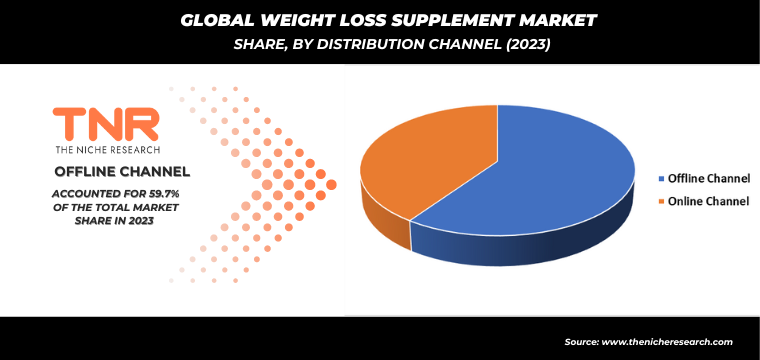
By End User 18 to 40 Segment had the Highest Share in the Global Weight Loss Supplement Market in 2023.
The demand for weight loss supplements among individuals aged 18 to 40 is significantly driven by lifestyle and societal trends. This age group is highly influenced by the pervasive fitness culture and the desire to achieve and maintain an ideal body image, often fueled by social media and influencers showcasing lean physiques. The pressures of balancing work, social life, and personal health lead many in this demographic to seek convenient and efficient weight management solutions.
Additionally, the prevalence of sedentary jobs and the increasing consumption of processed foods contribute to weight gain, prompting the search for effective supplements. Health consciousness is also heightened in this age range, with many people prioritizing fitness and well-being as key components of their lifestyle. The wide availability and marketing of weight loss supplements specifically targeting younger adults further drive demand, as these products are promoted as quick and accessible means to support their weight loss goals.
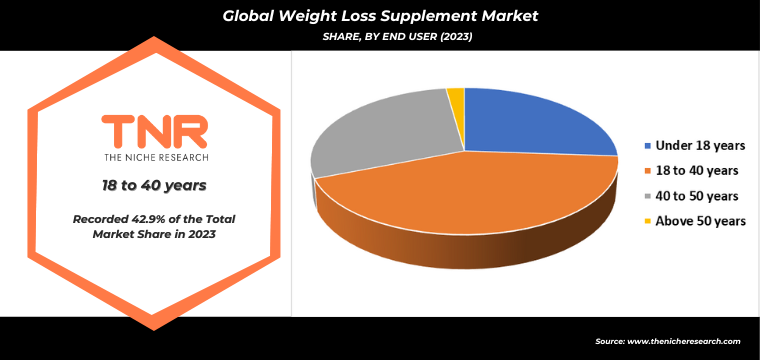
By Region, Europe Dominated the Global Weight Loss Supplement Market in 2023.
The demand for weight loss supplements in Europe is driven by several key factors. An increasing awareness of health and wellness, coupled with rising obesity rates, has led many individuals to seek effective solutions for weight management. The influence of social media and celebrity endorsements has further amplified this trend, promoting various supplements as quick and convenient options for weight loss. Additionally, the busy lifestyles of modern consumers in Europe make the promise of effortless weight management through supplements particularly appealing.
Technological advancements in supplement formulation and the availability of diverse products tailored to different dietary needs and preferences also contribute to the growing market. Furthermore, the COVID-19 pandemic has heightened health consciousness, motivating people to adopt healthier habits, including the use of weight loss supplements as part of their regimen. This convergence of factors is driving robust growth in the European weight loss supplement market.
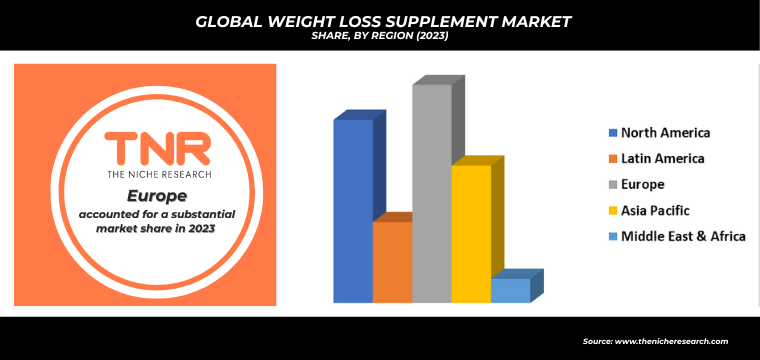
Competitive Landscape
Some of the players operating in the Weight Loss Supplement Market are
- Abbott
- Ajinomoto Co. Inc.
- Amway Corp.
- Glanbia PLC
- GlaxoSmithKline PLC
- Herbalife Nutrition Ltd.
- Kellogg Company
- Kraft Heinz Company
- Nestle
- PepsiCo
- Other Industry Participants
Global Weight Loss Supplement Market Scope
| Report Specifications | Details |
| Market Revenue in 2023 | US$ 32.2 Bn |
| Market Size Forecast by 2034 | US$ 138.7 Bn |
| Growth Rate (CAGR) | 14.2% |
| Historic Data | 2016 – 2022 |
| Base Year for Estimation | 2023 |
| Forecast Period | 2024 – 2034 |
| Report Inclusions | Market Size & Estimates, Market Dynamics, Competitive Scenario, Trends, Growth Factors, Market Determinants, Key Investment Segmentation, Product/Service/Solutions Benchmarking |
| Segments Covered | By Type, By Ingredient, By Distribution Channel, By End User, By Region |
| Regions Covered | North America, Europe, Asia Pacific, Middle East & Africa, Latin America |
| Countries Covered | U.S., Canada, Mexico, Rest of North America, France, The UK, Spain, Germany, Italy, Nordic Countries (Denmark, Finland, Iceland, Sweden, Norway), Benelux Union (Belgium, The Netherlands, Luxembourg), Rest of Europe, China, Japan, India, New Zealand, Australia, South Korea, Southeast Asia (Indonesia, Thailand, Malaysia, Singapore, Rest of Southeast Asia), Rest of Asia Pacific, Saudi Arabia, UAE, Egypt, Kuwait, South Africa, Rest of Middle East & Africa, Brazil, Argentina, Rest of Latin America |
| Key Players | Abbott, Ajinomoto Co. Inc., Amway Corp., Glanbia PLC, GlaxoSmithKline PLC, Herbalife Nutrition Ltd., Kellogg Company, Kraft Heinz Company, Nestle, PepsiCo |
| Customization Scope | Customization allows for the inclusion/modification of content pertaining to geographical regions, countries, and specific market segments. |
| Pricing & Procurement Options | Explore purchase options tailored to your specific research requirements |
| Contact Details | Consult With Our Expert
Japan (Toll-Free): +81 663-386-8111 South Korea (Toll-Free): +82-808- 703-126 Saudi Arabia (Toll-Free): +966 800-850-1643 United Kingdom: +44 753-710-5080 United States: +1 302-232-5106 E-mail: askanexpert@thenicheresearch.com
|
Global Weight Loss Supplement Market
By Type
- Liquid
- Powder
- Soft gels
- Pills
- Others
By Ingredient
- Vitamins & Minerals
- Amino Acids
- Natural Extracts/ Botanicals
By Distribution Channel
- Offline Channel
- Online Channel
By End User
- Under 18 years
- 18 to 40 years
- 40 to 50 years
- Above 50 years
By Region
- North America (U.S., Canada, Mexico, Rest of North America)
- Europe (France, The UK, Spain, Germany, Italy, Nordic Countries (Denmark, Finland, Iceland, Sweden, Norway), Benelux Union (Belgium, The Netherlands, Luxembourg), Rest of Europe)
- Asia Pacific (China, Japan, India, New Zealand, Australia, South Korea, Southeast Asia (Indonesia, Thailand, Malaysia, Singapore, Rest of Southeast Asia), Rest of Asia Pacific)
- Middle East & Africa (Saudi Arabia, UAE, Egypt, Kuwait, South Africa, Rest of Middle East & Africa)
- Latin America (Brazil, Argentina, Rest of Latin America)
Report Layout:
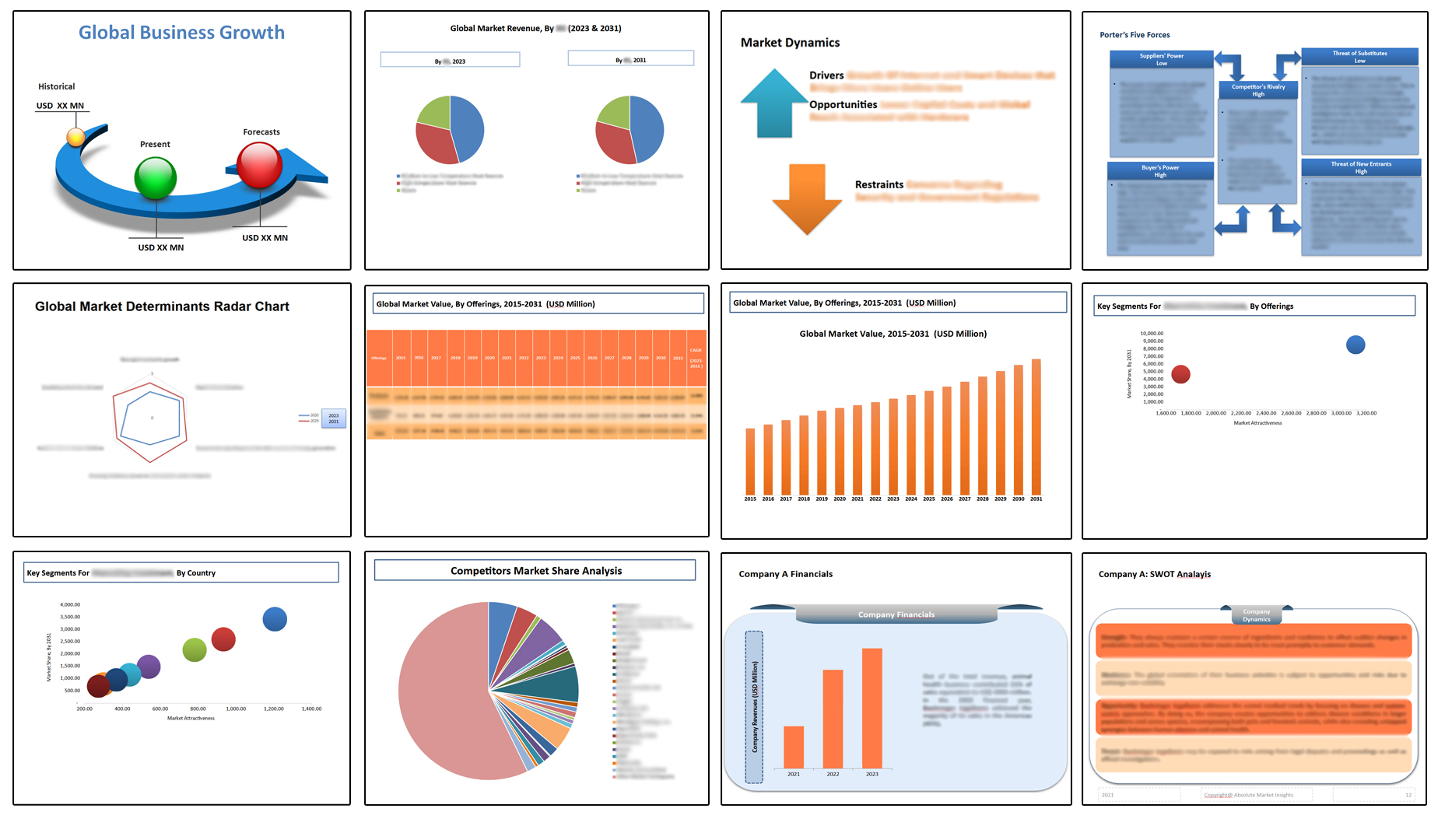
Table of Contents
Note: This ToC is tentative and can be changed according to the research study conducted during the course of report completion.
**Exclusive for Multi-User and Enterprise User.
Global Weight Loss Supplement Market
By Type
- Liquid
- Powder
- Soft gels
- Pills
- Others
By Ingredient
- Vitamins & Minerals
- Amino Acids
- Natural Extracts/ Botanicals
By Distribution Channel
- Offline Channel
- Online Channel
By End User
- Under 18 years
- 18 to 40 years
- 40 to 50 years
- Above 50 years
By Region
- North America (U.S., Canada, Mexico, Rest of North America)
- Europe (France, The UK, Spain, Germany, Italy, Nordic Countries (Denmark, Finland, Iceland, Sweden, Norway), Benelux Union (Belgium, The Netherlands, Luxembourg), Rest of Europe)
- Asia Pacific (China, Japan, India, New Zealand, Australia, South Korea, Southeast Asia (Indonesia, Thailand, Malaysia, Singapore, Rest of Southeast Asia), Rest of Asia Pacific)
- Middle East & Africa (Saudi Arabia, UAE, Egypt, Kuwait, South Africa, Rest of Middle East & Africa)
- Latin America (Brazil, Argentina, Rest of Latin America)
The Niche Research approach encompasses both primary and secondary research methods to provide comprehensive insights. While primary research is the cornerstone of our studies, we also incorporate secondary research sources such as company annual reports, premium industry databases, press releases, industry journals, and white papers.
Within our primary research, we actively engage with various industry stakeholders, conducting paid interviews and surveys. Our meticulous analysis extends to every market participant in major countries, allowing us to thoroughly examine their portfolios, calculate market shares, and segment revenues.
Our data collection primarily focuses on individual countries within our research scope, enabling us to estimate regional market sizes. Typically, we employ a bottom-up approach, meticulously tracking trends in different countries. We analyze growth drivers, constraints, technological innovations, and opportunities for each country, ultimately arriving at regional figures.Our process begins by examining the growth prospects of each country. Building upon these insights, we project growth and trends for the entire region. Finally, we utilize our proprietary model to refine estimations and forecasts.
Our data validation standards are integral to ensuring the reliability and accuracy of our research findings. Here’s a breakdown of our data validation processes and the stakeholders we engage with during our primary research:
- Supply Side Analysis: We initiate a supply side analysis by directly contacting market participants, through telephonic interviews and questionnaires containing both open-ended and close-ended questions. We gather information on their portfolios, segment revenues, developments, and growth strategies.
- Demand Side Analysis: To gain insights into adoption trends and consumer preferences, we reach out to target customers and users (non-vendors). This information forms a vital part of the qualitative analysis section of our reports, covering market dynamics, adoption trends, consumer behavior, spending patterns, and other related aspects.
- Consultant Insights: We tap into the expertise of our partner consultants from around the world to obtain their unique viewpoints and perspectives. Their insights contribute to a well-rounded understanding of the markets under investigation.
- In-House Validation: To ensure data accuracy and reliability, we conduct cross-validation of data points and information through our in-house team of consultants and utilize advanced data modeling tools for thorough verification.
The forecasts we provide are based on a comprehensive assessment of various factors, including:
- Market Trends and Past Performance (Last Five Years): We accurately analyze market trends and performance data from preceding five years to identify historical patterns and understand the market’s evolution.
- Historical Performance and Growth of Market Participants: We assess the historical performance and growth trajectories of key market participants. This analysis provides insights into the competitive landscape and individual company strategies.
- Market Determinants Impact Analysis (Next Eight Years): We conduct a rigorous analysis of the factors that are projected to influence the market over the next eight years. This includes assessing both internal and external determinants that can shape market dynamics.
- Drivers and Challenges for the Forecast Period:Identify the factors expected to drive market growth during the forecast period, as well as the challenges that the industry may face. This analysis aids in deriving an accurate growth rate projection.
- New Acquisitions, Collaborations, or Partnerships: We keep a close watch on any new acquisitions, collaborations, or partnerships within the industry. These developments can have a significant impact on market dynamics and competitiveness.
- Macro and Micro Factors Analysis:A thorough examination of both macro-level factors (e.g., economic trends, regulatory changes) and micro-level factors (e.g., technological advancements, consumer preferences) that may influence the market during the forecast period.
- End-User Sentiment Analysis: To understand the market from the end-user perspective, we conduct sentiment analysis. This involves assessing the sentiment, preferences, and feedback of the end-users, which can provide valuable insights into market trends.
- Perspective of Primary Participants: Insights gathered directly from primary research participants play a crucial role in shaping our forecasts. Their perspectives and experiences provide valuable qualitative data.
- Year-on-Year Growth Trend: We utilize a year-on-year growth trend based on historical market growth and expected future trends. This helps in formulating our growth projections, aligning them with the market’s historical performance.
Research process adopted by TNR involves multiple stages, including data collection, validation, quality checks, and presentation. It’s crucial that the data and information we provide add value to your existing market understanding and expertise. We have also established partnerships with business consulting, research, and survey organizations across regions and globally to collaborate on regional analysis and data validation, ensuring the highest level of accuracy and reliability in our reports.
